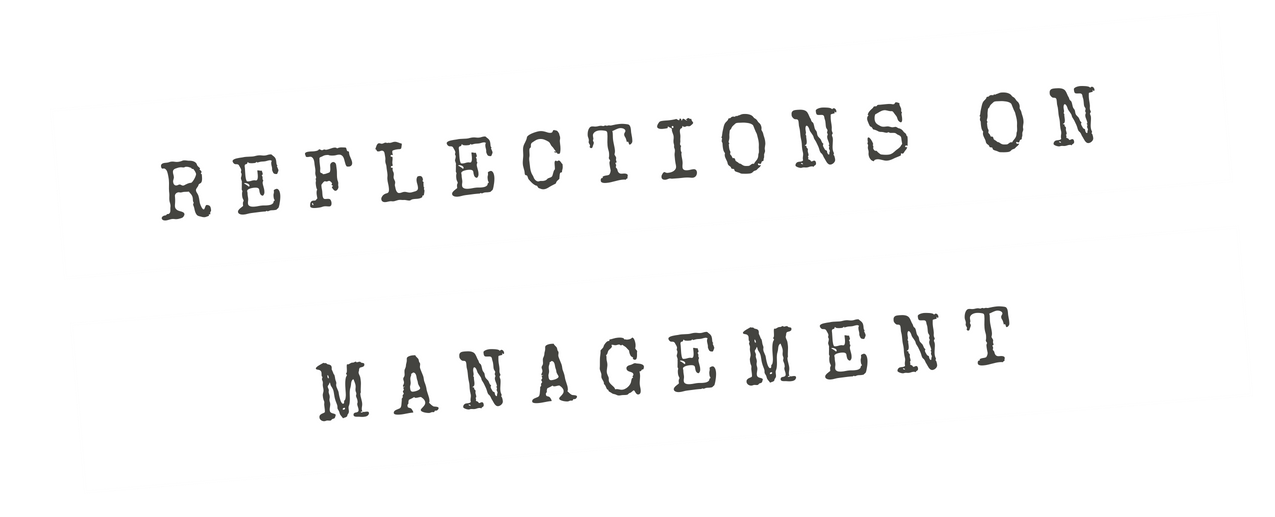6-8. Ideal Negotiations Through Pragmatism (The Social Contract, Part 8)
In this final episode of the series, I ask what does ‘right’ look like in how we solve social problems and re-negotiate the social contract. What must we do once we decide to get people to come to the table? The short answer, as I reveal here, is rooted in classic pragmatism. Classic pragmatism, which is geared toward practical solutions to practical problems, and eschews theoretical or ideological approaches. But this is not easy to do, and it requires that we stop treating those we disagree with as enemies.



















